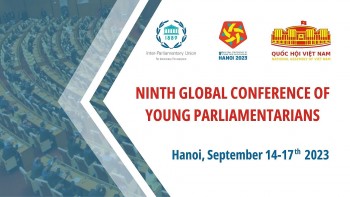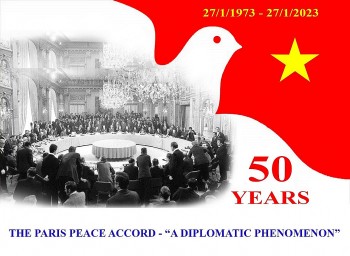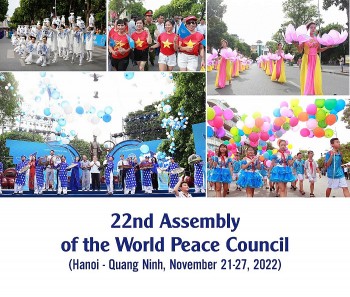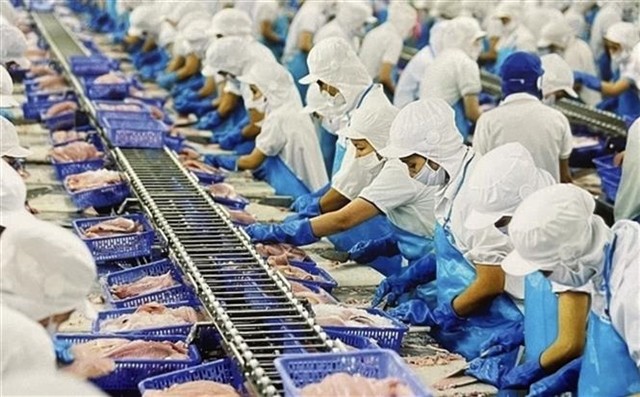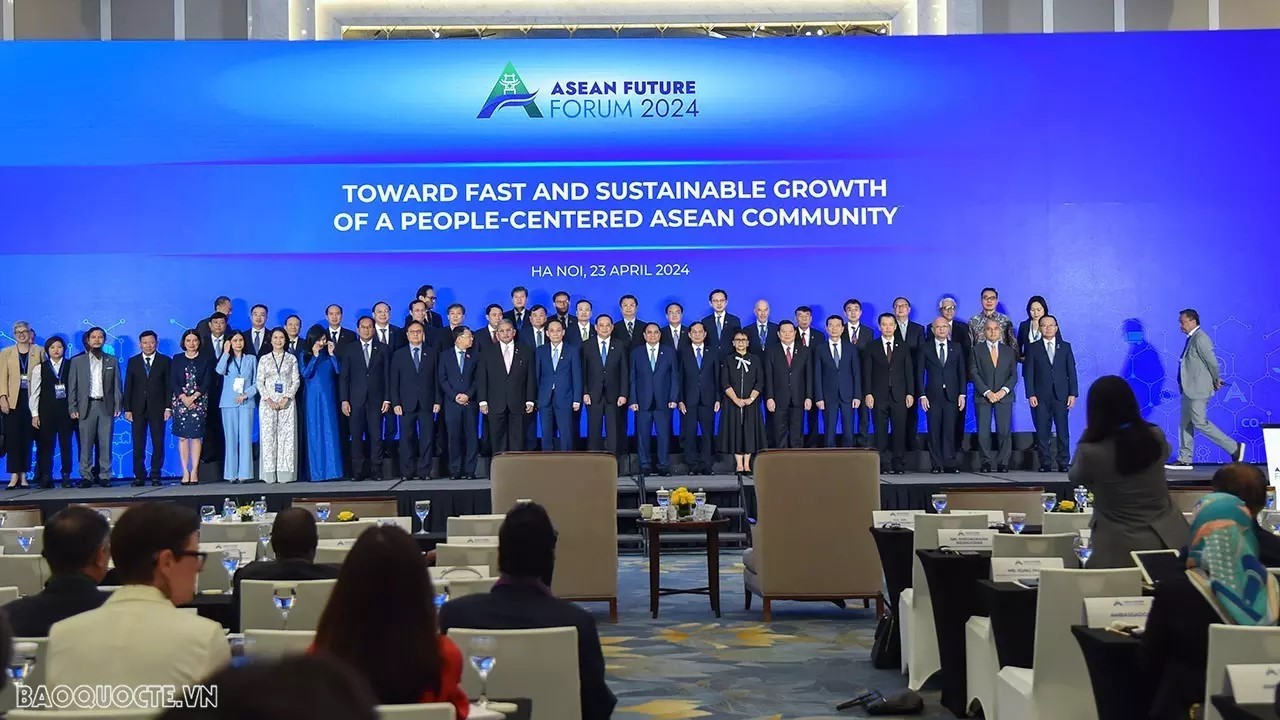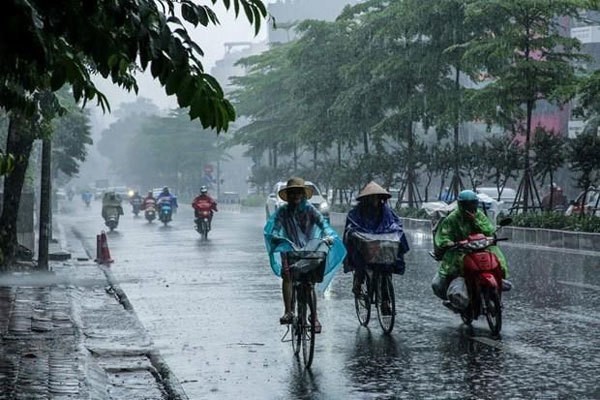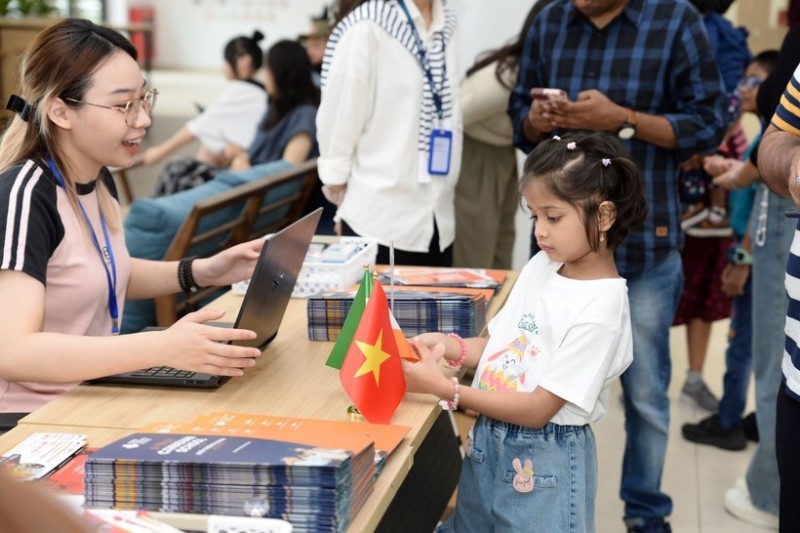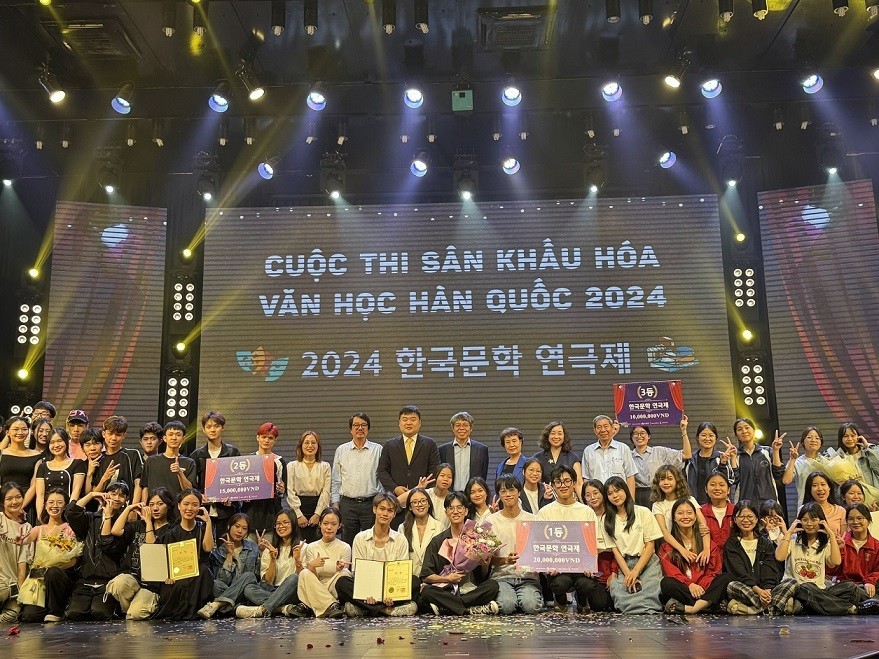Plastic be gone
Zero Waste Saigon’ aims to educate the public about single-use plastic and the environmental damage it causes.
 |
Six months ago, Julia Masner and Michael Burdge from the US came to Vietnam for a holiday. They visited many places around the country, appreciating the nature, landscapes and the people. Then something happened. ‘We became aware that single-use plastic is everywhere,’ said Julia. ‘It bothered us from the start, but when I saw baby monkeys in the forest eating plastic bags we decided we had to do something.’
The project began with the smallest of actions: stopping the use of plastic straws, which are widely used and pollute the environment.
They decided to stay in HCMC a little longer and began to build a project called ‘Zero Waste Saigon’, which brings solutions for businesses to cut their use of plastic while raising awareness among the public.
For Julia, the project began with the smallest of actions: stopping the use of plastic straws, which are widely used and pollute the environment. It wasn’t easy changing the habits of most people in Vietnam about using plastic products in general and plastic straws in particular. She looked for an alternative eco product to plastic straws. Rural regions have many eco-friendly materials, especially bamboo, which can be farmed indefinitely with no harm to the environment. ‘Bamboo is a more sustainable material because it is 20 times more productive than any wood material on the exact same plot of land,’ she said. Bamboo straws became one of the first products of Zero Waste Saigon. The producers of the eco products are local people in many provinces around Vietnam, like Cu Chi district in HCMC and Hanoi and Dalat, who were trained by Zero Waste Saigon on how to make the products.
Besides bamboo, Julia also developed green grass straws. The single-use fresh botanical straws are grown and cut just two hours from HCMC and can stay green for two weeks if kept in a refrigerator. Bamboo straws, meanwhile, are washable: just boil them once a week and let them dry thoroughly. ‘Our straws are sourced locally within Vietnam and are a part of a sustainable production cycle,’ she explained. ‘They are an easy first step in reducing the amount of waste you create. They will also be a reminder for you to use less plastic in everything you do. You will start to see how you are offered unnecessary plastic everywhere you go.’
In HCMC recently, I found that some restaurants were using green grass straws, and Julia is expanding these products in the market. ‘Demand has grown exponentially for our straws and our producer is about to hire extra help,’ she said. ‘This is great for the community in many ways. Financially, yes, but also in raising awareness about a zero waste philosophy. And when we buy locally we keep the money within the community. This is a healthy way of connecting with and helping the people around us.’
As Oceanographer Sylvia Earle said: ‘Plastic is not problem, humans are’. So, the most important part of Julia’s project is raising awareness among the community about using plastic products. ‘Learning is the first step towards making a change,’ she said. ‘We go to classrooms around the city to teach about zero waste, the plastic problem, and what kids and parents can do about it.’ She and Michael also make videos to post on Facebook to encourage everyone to stop using plastic straws.
The Zero Waste Saigon project is also developing other eco products, such as coconut fibre brushes, recycled cloth pouches, wooden forks, spoons and chopsticks, coconut bowls, and cloth bags. Instead of single-use plastic, everyone should make it a habit to have a bag with them wherever they go. It’s simple for everyone to say no to single-use plastic bags. With a wider vision, the Earth Day Network said: ‘The world must perceive plastic not only as an environmental challenge of global proportions but also a symbol of the values that need to change to build a more sustainable and just world.’
 |
In a recent CNN interview with Sylvia Earle to mark Earth Day, she spoke of the great threat plastics pose to the ocean and that everyone needs to be reminded about pollution coming from the use of plastic products in daily life.
To celebrate Earth Day, on 22 April, the Earth Day Network (www.earthday.org), a non-profit organisation for persifying, educating and activating the environmental movement worldwide, spread the message ‘End Plastic Pollution’. According to the Earth Day Network, about 300 million tons of plastic are produced each year to make bags, bottles, packaging, and other commodities for people all over the world. Unfortunately, only about 10% is properly recycled and reused. The rest ends up as waste in landfills or as litter in the natural environment, where it leaches dangerous chemicals into nearby soil and water, endangering humans and wildlife alike./.
( VNF/ The Guide VN )
Most read
Recommended
 Handbook
Handbook
“Peach Blossom, Pho And Piano” To Be Shown During Vietnamese Film Week In Poland
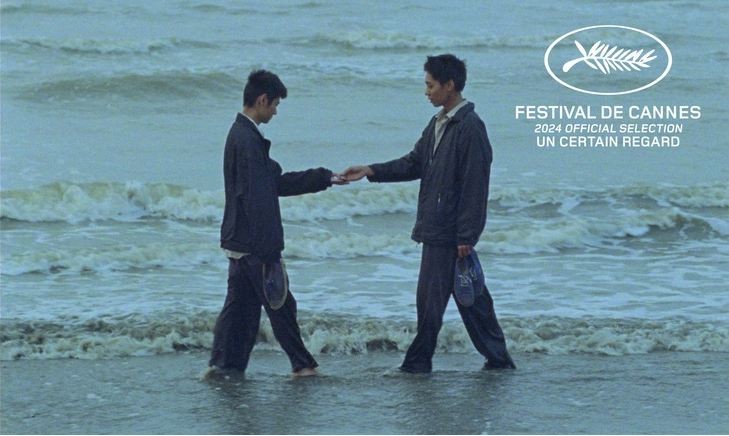 Handbook
Handbook
Film of Young Director Heads to 2024 Cannes Film Festival
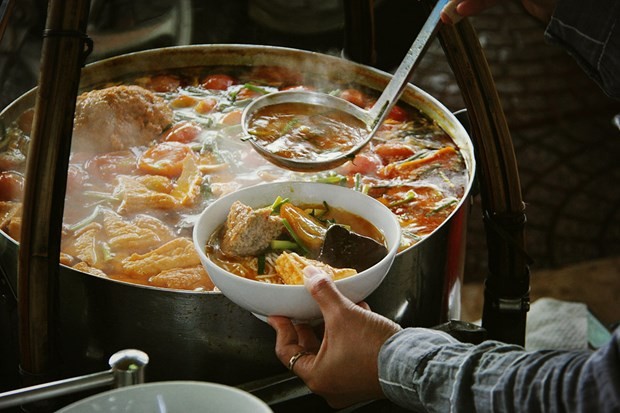 Handbook
Handbook
Vietnamese Dishes Honored Around The World
 Handbook
Handbook
Conductor Tran Nhat Minh Brings Vietnamese Folk Songs To The World
Popular article
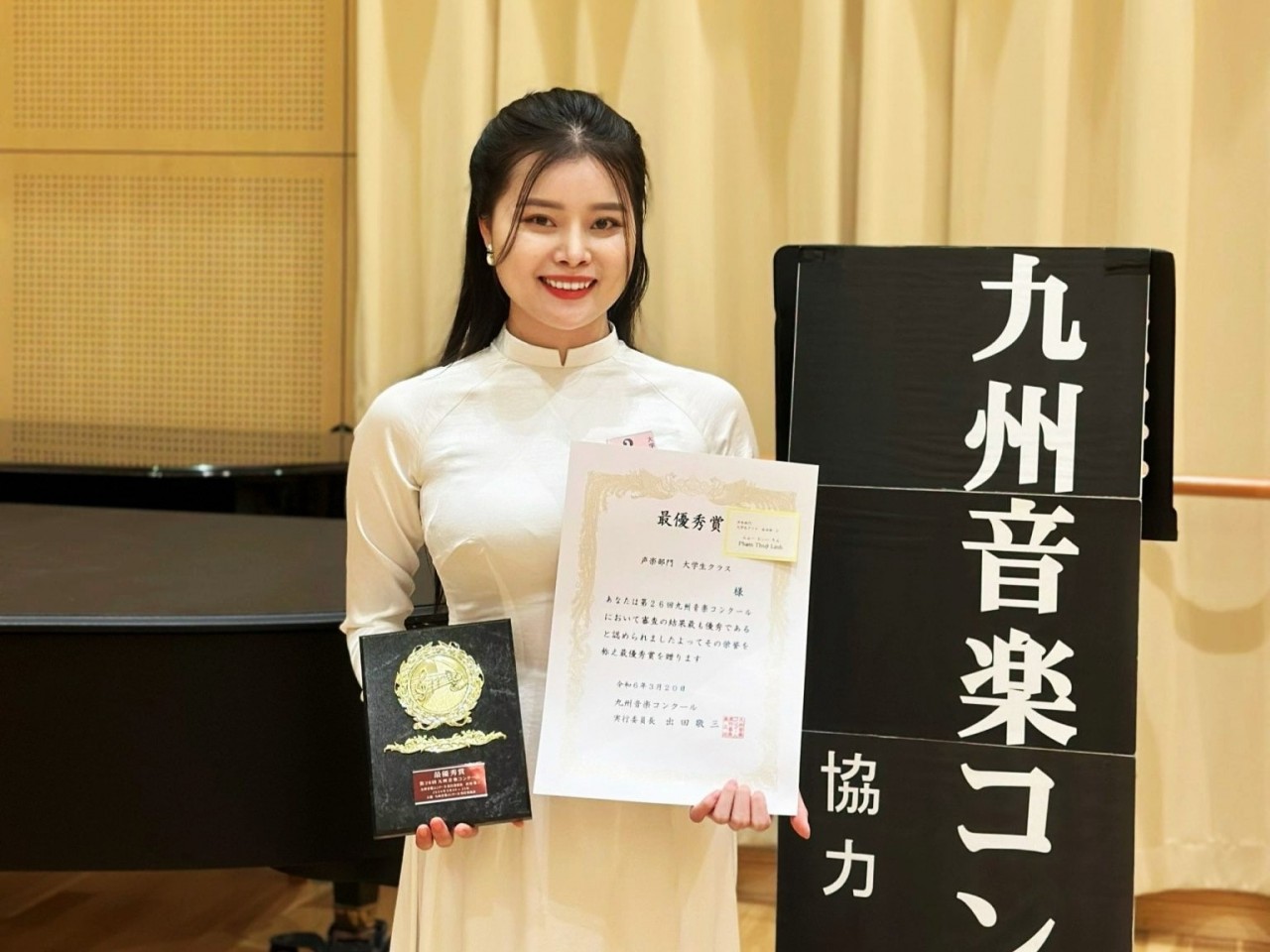 Handbook
Handbook
Vietnamese Student Wins Prizes At The Kyushu Music Concour International Music Competition
 Handbook
Handbook
Amanda Nguyen: The First Vietnamese Woman To Fly Into Space
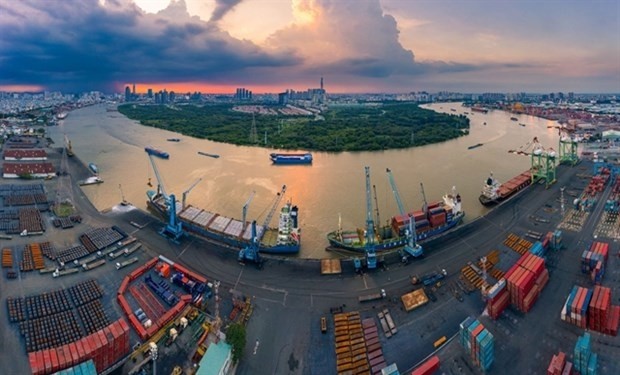 Handbook
Handbook
Three Vietnamese Ports Among Top 50 Largest Container Seaports Worldwide
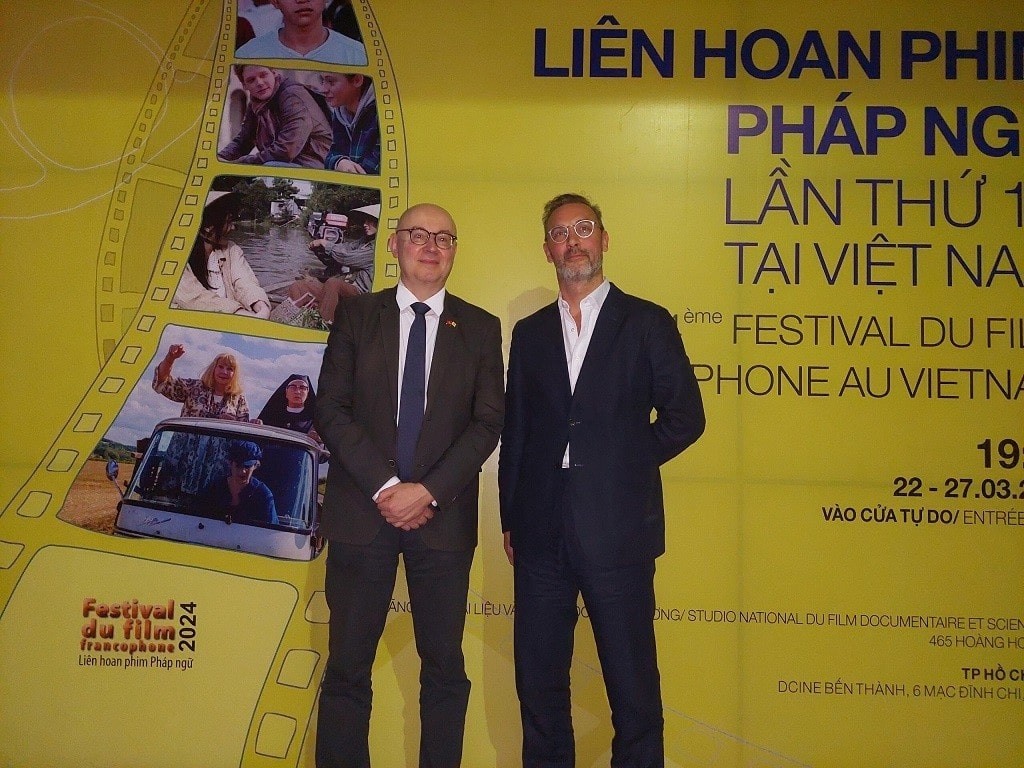 Handbook
Handbook

